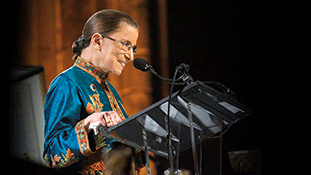Vol. 125 No. 8
PLACE, POWER, AND SCHOOL PUSHOUT: DEFENSIVE LOCALISM AND SCHOOL DISCIPLINE
Suspensions, expulsions, and school-based arrests: These exclusionary and overly punitive disciplinary responses disproportionately impact Black students and have become normalized throughout the nation. In reality, school pushout, or the disciplinary sanction of removing students from the classroom, contravenes the very purpose of public education to prepare children to engage as full citizens in our democratic republic.
This Article attributes[...]
